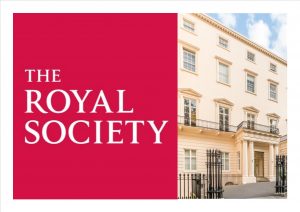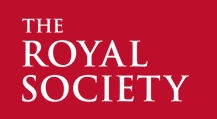 Exciting online training events for researchers on Wednesday.
Exciting online training events for researchers on Wednesday.
Places still available. Please book now!
| Wednesday 24th March 09:00 – 11:00
Dealing with Rejection Professor Edwin van Teijlingen will share some practical hints and tips on how to constructively and effectively deal with a journal rejection. To book, email OD@bournemouth.ac.uk |
| Wednesday 24th March 12:00 – 13:00
AHRC Research, Development and Engagement Fellowships Information Session This is the theme for this week’s Funding Development Briefing. Contact ResearchDev@bournemouth.ac.uk to book. |
| Wednesday 24th March 15:00 – 16:00
Early Career Researchers Network Meeting The theme of this month’s network briefing is BU’s Strategic Investment Areas, and how Early Career Researchers can get involved. To book, email OD@bournemouth.ac.uk |
You can see all the Organisational Development and Research Knowledge Development Framework (RKEDF) events in one place on the handy calendar of events.
If you have any queries, please get in touch!

















 Dr. Ashraf cited on ‘Modest Fashion’ in The Guardian
Dr. Ashraf cited on ‘Modest Fashion’ in The Guardian NIHR-funded research launches website
NIHR-funded research launches website Academics write for newspaper in Nepal
Academics write for newspaper in Nepal New paper published on disability in women & girls
New paper published on disability in women & girls Global Consortium for Public Health Research 2025
Global Consortium for Public Health Research 2025 MSCA Postdoctoral Fellowships 2025 Call
MSCA Postdoctoral Fellowships 2025 Call ERC Advanced Grant 2025 Webinar
ERC Advanced Grant 2025 Webinar Horizon Europe Work Programme 2025 Published
Horizon Europe Work Programme 2025 Published Horizon Europe 2025 Work Programme pre-Published
Horizon Europe 2025 Work Programme pre-Published Update on UKRO services
Update on UKRO services European research project exploring use of ‘virtual twins’ to better manage metabolic associated fatty liver disease
European research project exploring use of ‘virtual twins’ to better manage metabolic associated fatty liver disease